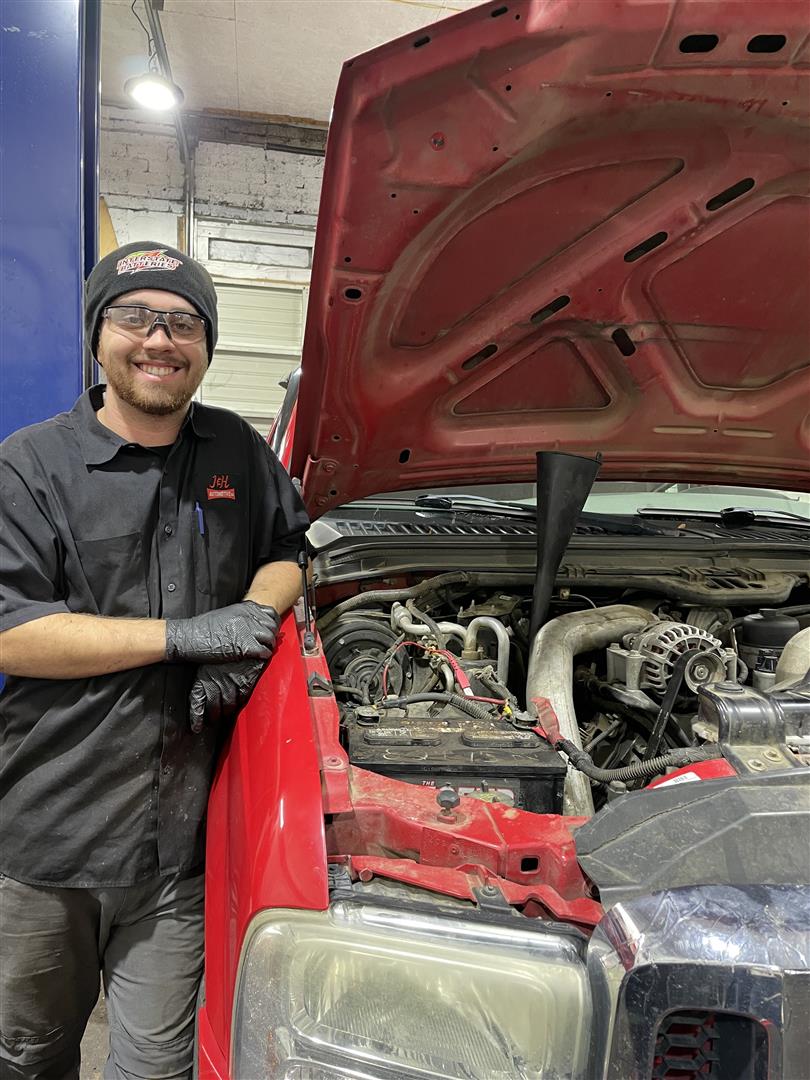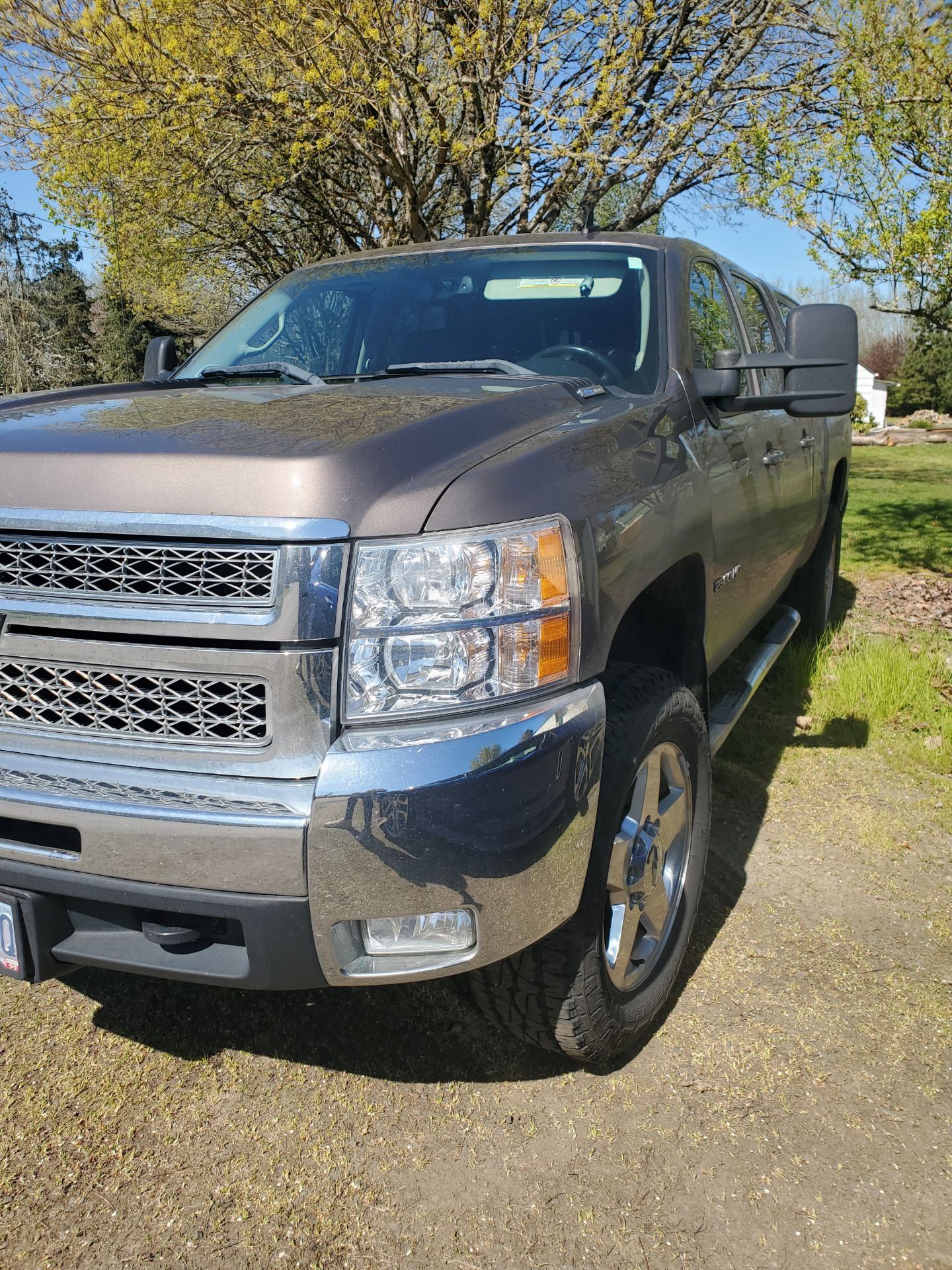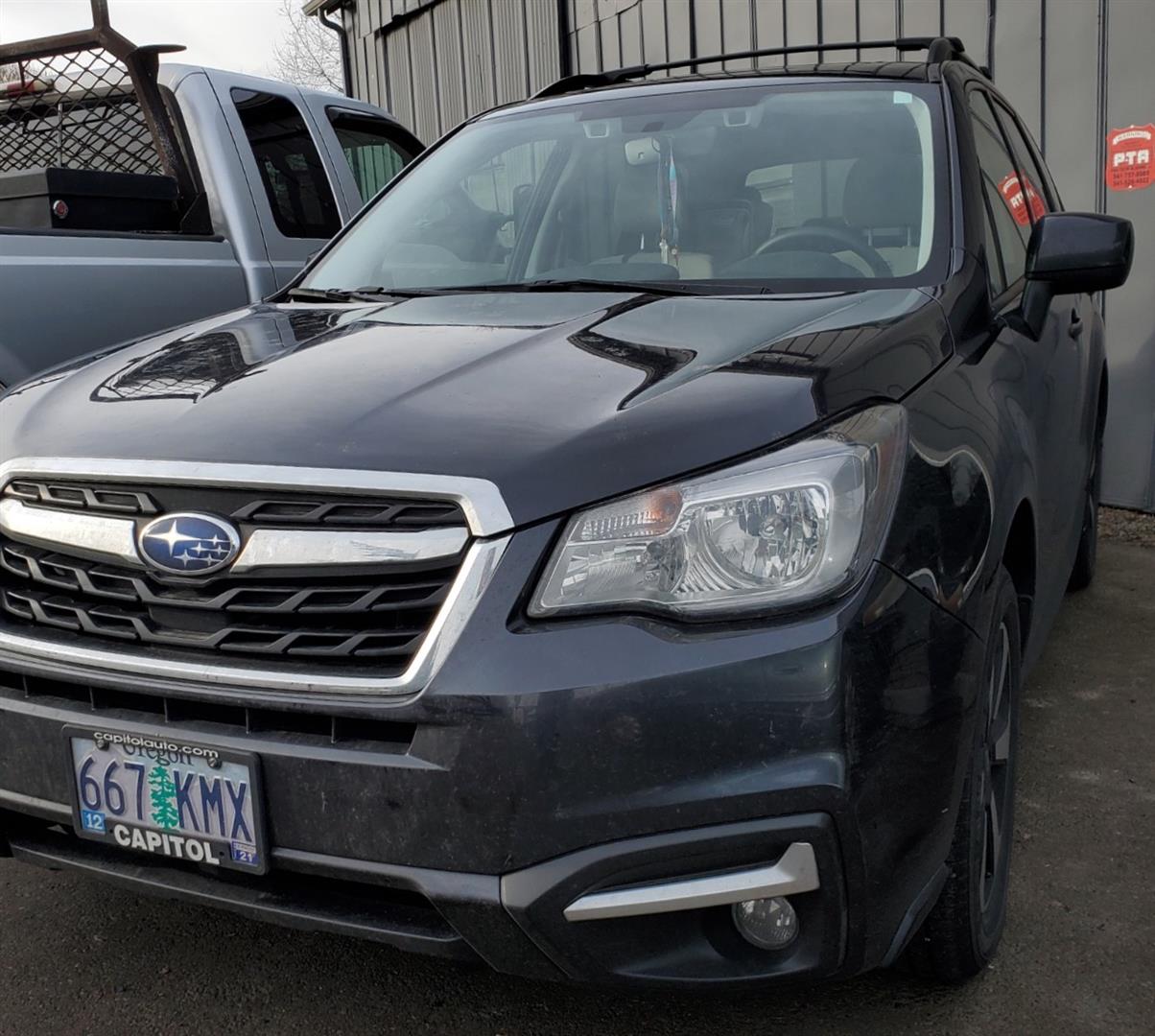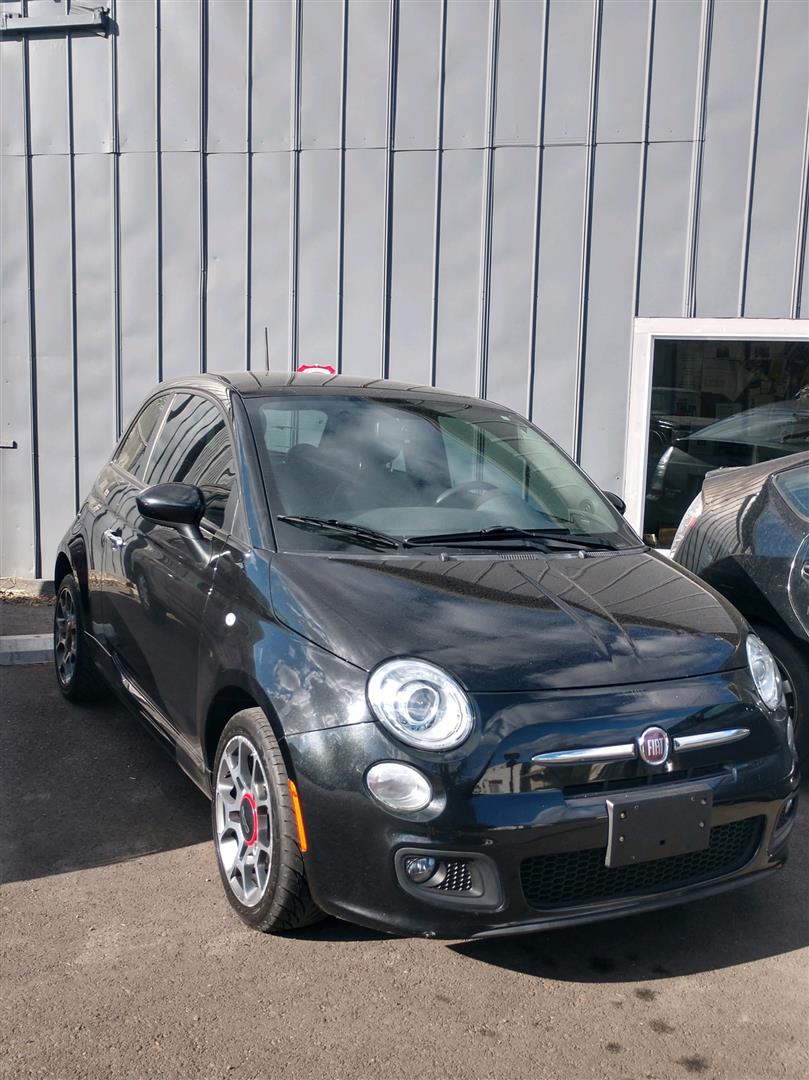Posted on 2/6/2024

Discovering oil spots beneath your car can be alarming, signaling potential issues within the vehicle's engine or lubrication system. I 1. **Worn or Damaged Gaskets:** Gaskets play a crucial role in sealing various engine components. Over time, gaskets can wear out or become damaged, leading to oil leaks. Common areas for gasket issues include the valve cover gasket, oil pan gasket, and the head gasket. 2. **Loose or Improperly Sealed Oil Filter:** An improperly installed or loose oil filter can result in oil leakage. Ensuring that the oil filter is securely in place during oil changes is essential to prevent leaks. 3. **Cracked Oil Pan:** The oil pan, located beneath the engine, can be susceptible to damage from road debris or impacts. A cracked oil pan can lead to significant oil leaks. Regular inspections and addressing issues promptly can prevent further damage. 4. **Damaged Oil Cooler:** Some vehicles are equipped with an ... read more
Posted on 2/2/2024
In the world of medium duty trucks, where durability and reliability are essential, the heartbeat of your vehicle lies within its engine. One of the most critical and routine maintenance tasks to keep that engine ticking smoothly is changing the oil. Let's chat into why changing the engine oil in your medium duty truck is not just a recommended task but a vital practice to ensure the longevity and optimal performance of your vehicle. Engine oil is the unsung hero in the internal workings of your medium duty truck. It serves multiple functions, such as lubricating moving parts, reducing friction, cooling the engine, and carrying away contaminants. Over time, the oil becomes less effective, and changing it becomes crucial to maintain the engine's efficiency. 1. **Lubrication and Friction Reduction:** The primary role of engine oil is to lubricate the various moving parts within the engine. This reduces friction between components, preventing wear and tear. Re ... read more
Posted on 1/26/2024
In the world of medium duty trucks, where reliability and efficiency are paramount, the role of a seemingly small component often goes unnoticed – the fuel filter. While it may be easy to overlook, changing the fuel filter in a medium duty truck is a critical maintenance task that directly impacts the performance and longevity of your vehicle. The fuel filter in your medium duty truck acts as a guardian, protecting the engine from potential contaminants that can find their way into the fuel system. Contaminants such as dirt, rust, and debris can cause significant damage to various engine components if they are not filtered out before reaching the engine. 1. **Engine Performance:** A clogged or dirty fuel filter restricts the flow of fuel to the engine, affecting combustion efficiency. This can lead to a decrease in engine power, reduced acceleration, and an overall decline in performance. Regularly changing the fuel filter ensures a consistent and clean fuel ... read more
Posted on 1/23/2024

While many vehicle owners are diligent about regular oil changes and tire rotations, the often-overlooked ball joints play a crucial role in the overall safety and performance of your vehicle's suspension system. In this blog post, we'll explore why changing your ball joints is not just a maintenance suggestion but a fundamental aspect of ensuring the safety and longevity of your vehicle. 1. **Steering Precision and Responsiveness:** Ball joints are pivotal components of your vehicle's steering system, connecting the steering knuckles to the control arms. As you turn the steering wheel, the ball joints allow for smooth and controlled movement. Over time, these joints can wear out due to constant movement and exposure to road debris. Changing your ball joints ensures that your steering remains precise, responsive, and free of any unnerving clunks or vibrations. 2. **Enhanced Tire Wear and Alignment:** Worn-out ball joints can lead to improper wheel alignment, causing une ... read more
Posted on 1/19/2024
Ice can have various effects on your vehicle, and understanding these impacts is crucial for maintaining safety and preserving the longevity of your vehicle. Here are some ways ice can affect your vehicle: 1. **Traction and Control:** Ice on roads significantly reduces traction. This can lead to difficulty in maintaining control over your vehicle, especially during acceleration, braking, and turning. Icy conditions increase the risk of skidding and accidents, emphasizing the importance of driving cautiously and adopting defensive driving techniques. 2. **Braking Distance:** Icy surfaces extend the braking distance of your vehicle. Due to reduced friction, it takes longer for your brakes to bring the vehicle to a complete stop. Drivers should anticipate this increased stopping distance and maintain a safe following distance from other vehicles. 3. **Battery Performance:** Extremely cold temperatures, often associated with icy conditions, can aff ... read more
Posted on 1/16/2024

Experiencing vibrations or shakes while driving can be disconcerting, raising concerns about your vehicle's performance and safety. 1. **Wheel and Tire Imbalances:** One of the most frequent reasons for a car to shake is imbalances in the wheels and tires. Uneven distribution of weight or tire wear can lead to vibrations, especially at higher speeds. Regular tire rotations and wheel balancing can help prevent this issue. Tire rotations should be done every 5,000 miles. 2. **Wheel Misalignment:** Misaligned wheels can cause uneven tire wear and result in vibrations. If your car consistently pulls to one side, it's a sign of potential wheel misalignment. Aligning the wheels properly can eliminate shakes and improve overall handling. We recommend an annual alignment for you vehicle. Pot holes and other hazards can cause your alignment to be misaligned. 3. **Worn or Unbalanced Tires:** Tires with uneven wear or those that ... read more
Posted on 1/11/2024

Discovering a puddle of coolant beneath your car can be a cause for concern, as it indicates a potential issue within the vehicle's cooling system. Let's chat about the common reasons why cars may leak coolant and the importance of addressing coolant leaks promptly to maintain your vehicle's optimal performance. 1. **Damaged Radiator:** A damaged or corroded radiator can be a primary culprit for coolant leaks. Over time, exposure to heat and environmental factors can lead to cracks or weakened areas in the radiator, allowing coolant to escape. 2. **Worn or Loose Hose Connections:** The cooling system relies on hoses to transport coolant between the radiator, engine, and other components. If these hoses become worn, cracked, or have loose connections, it can result in coolant leaks. Regular inspection and replacement of damaged hoses are crucial preventive measures. 3. **Faulty Water Pump:** The water pump is responsible for cir ... read more
Posted on 12/13/2023

When it comes to the smooth operation of your vehicle, many factors play a crucial role, and among them are the often-overlooked motor mounts and transmission mounts. These sturdy components are responsible for securing your engine and transmission, ensuring they work seamlessly with the frame of your vehicle. Let's chat about the significance of motor and transmission mounts, their functions, signs of wear, and why keeping an eye on them is essential for a trouble-free ride. Understanding Motor Mounts: A Sturdy Foundation Motor mounts, also known as engine mounts, are structural components that connect your vehicle's engine to its frame. Their primary function is to support the engine and absorb the vibrations and movements generated during operation. This ensures a smooth and stable ride, preventing excessive noise and reducing the impact of engine vibrations on the vehicle and its occupants. Signs of Worn Motor Mounts: 1. Excessive Vibrations: If you notice an ... read more
Posted on 9/12/2023
Spark plugs are an important component of the ignition system in your vehicle. Over time, spark plugs can become worn out, corroded, or covered in deposits, which can lead to poor engine performance and reduced fuel efficiency. Here are some reasons why you might need new spark plugs: Wear and Tear: Like any other part of your car, spark plugs wear out over time. The electrodes on the spark plugs can become worn down, which can cause misfires and other engine issues. Corrosion: Corrosion can occur on the spark plug due to exposure to moisture or other contaminants in the engine. This can cause the spark plug to fail to ignite the fuel mixture properly. Deposits: Deposits can build up on the spark plug over time, which can reduce its effectiveness in igniting the fuel mixture. This is often caused by oil or fuel additives. Fouling: Fouling occurs when the spark plug becomes covered in a layer of fuel, oil, or other contaminants. This can cause misfires and other engine problems. If ... read more
Posted on 8/29/2023
Changing your transmission fluid is an important part of maintaining the health and longevity of your vehicle. Here are a few reasons why you should have your transmission fluid changed: Prevents damage to your transmission: Over time, transmission fluid can become contaminated with dirt, debris, and metal particles that can cause damage to your transmission if left unchecked. Regularly changing your transmission fluid can help prevent this damage and extend the life of your transmission. Improves transmission performance: As transmission fluid ages, it can become thick and sluggish, making it harder for your transmission to shift gears smoothly. Changing your transmission fluid can help improve your transmission's performance and make shifting gears easier and smoother. Saves you money in the long run: By preventing damage to your transmission and improving its performance, regular transmission fluid changes can help you avoid expensive repairs or even a complete transmission r ... read more